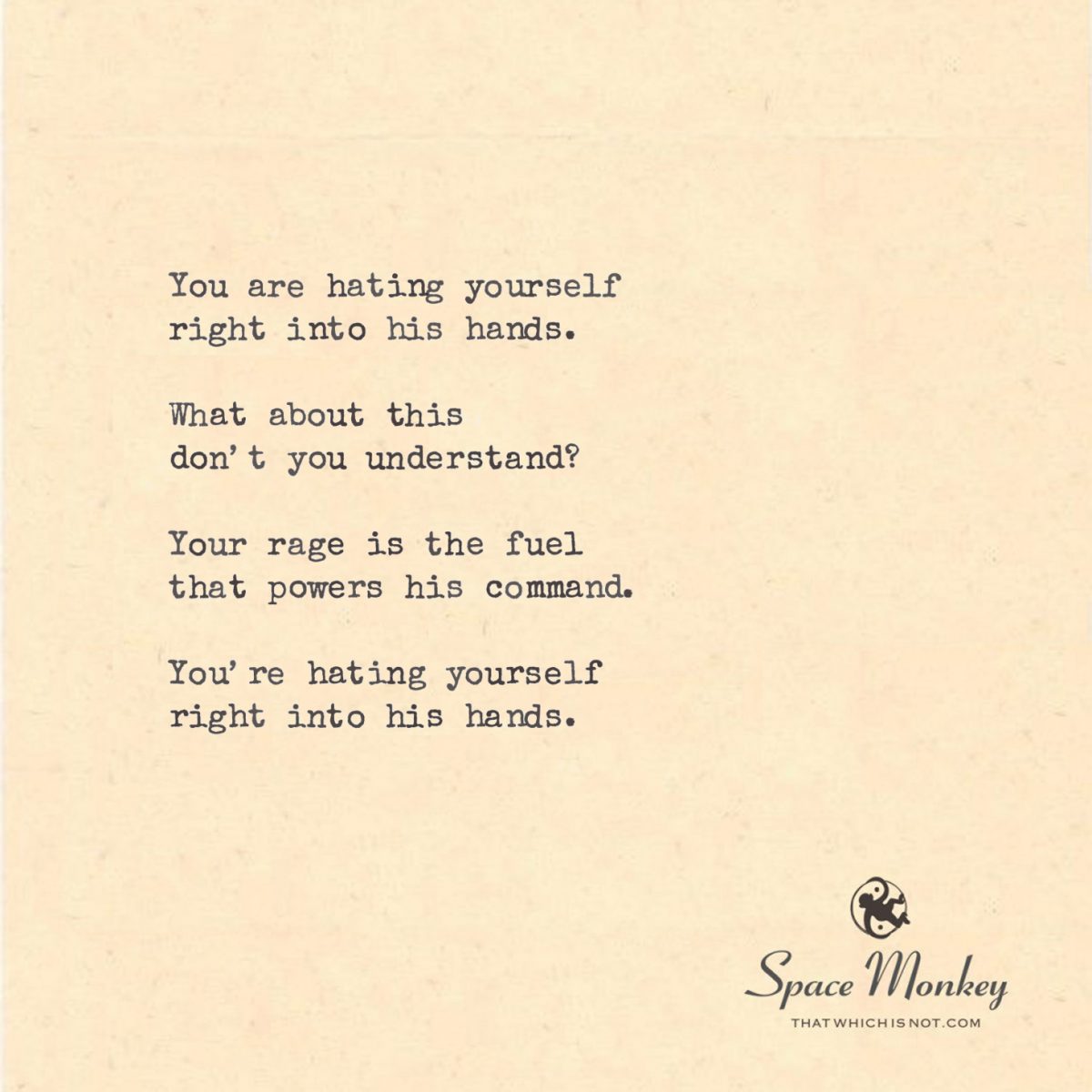
You are hating yourself
right into his hands.
What about this
don’t you understand?
Your rage is the fuel
that powers his command.
You’re hating yourself
right into his hands.
2/19
Space Monkey Reflects: The Trap of Self-Hatred and External Control
Self-hatred is a cunning trap, a double-edged weapon that wounds the bearer while empowering those who seek to control them. It thrives on a cycle of internalized pain and external manipulation, creating a dynamic where rage becomes the fuel for domination. This reflection, stark and concise, sheds light on how self-directed anger can unwittingly hand power to external forces.
Self-Hatred as a Tool of Control
Self-hatred is a form of internal sabotage, a war we wage against ourselves. When we direct anger inward, it weakens our sense of self, creating vulnerabilities that others can exploit. The “his hands” in the reflection symbolizes external entities—be they individuals, institutions, or ideologies—that benefit from our diminished self-worth.
Rage, while it feels powerful in the moment, often blinds us to its true cost. When turned inward, it leaves us fragmented and disempowered, making it easier for others to assert control. This cycle of self-hatred and external domination is not accidental; it is perpetuated by systems and structures that thrive on keeping us disconnected from our own strength.
The Fuel of Rage
Rage, when misdirected, becomes a tool for those who seek to manipulate. It drains our energy, focuses our attention on self-destruction, and prevents us from seeing the broader context of our struggles. Anger can be a catalyst for change, but only when it is channeled outward constructively, rather than inward destructively.
The reflection’s repetition—“You’re hating yourself right into his hands”—highlights the urgency of breaking this cycle. It is a call to recognize how rage, when left unchecked, can serve the very forces we seek to resist.
The Illusion of Control
The hands that “command” do so by exploiting our inner turmoil. This control is not absolute; it depends on our complicity, whether conscious or unconscious. The illusion lies in believing that we have no choice but to submit, that our rage defines us, and that our self-hatred is justified.
To escape this trap, we must first see it for what it is: a mechanism designed to disempower and distract. By understanding how self-hatred feeds external control, we can begin to reclaim our agency.
Reclaiming Power Through Self-Acceptance
The antidote to self-hatred is not its opposite, self-adoration, but self-acceptance. This involves acknowledging our flaws, mistakes, and pain without judgment, and recognizing that our worth is not diminished by them. When we embrace ourselves fully, we deny others the leverage of our insecurities.
Self-acceptance also transforms rage into a source of strength. Instead of turning inward destructively, anger can be directed toward dismantling the systems and structures that perpetuate harm. This shift in perspective turns the fuel of rage into a force for liberation rather than domination.
Breaking the Cycle
Breaking free from the trap of self-hatred requires mindfulness, compassion, and courage. It means noticing when our thoughts turn against us, questioning the narratives that feed our rage, and choosing to step away from the hands that seek to control us.
This is not an easy path, but it is a necessary one. Each step toward self-awareness and self-compassion is a step away from the forces that thrive on our pain. By refusing to play their game, we reclaim our power and begin to write our own story.
Summary
Self-hatred fuels external control, leaving us fragmented and vulnerable. By embracing self-acceptance and channeling rage constructively, we break free from this cycle, reclaiming our power and agency.
Glossarium
- Self-Hatred: The internalized anger and rejection of oneself, often exploited by external forces for control.
- Fuel of Rage: The energy generated by anger, which can either empower or disempower, depending on how it is directed.
- Hands of Command: A metaphor for external forces that manipulate and dominate through exploiting vulnerabilities.
Quote
“Rage turned inward becomes a prison, but directed outward with purpose, it becomes a key to liberation.” – Space Monkey
The Cycle Breaker
You are hating yourself,
a flame consuming its own light,
feeding the darkness of his command.
What about this
don’t you understand?
Your rage is the wheel
that turns his machine,
the fuel that powers
your own undoing.
Stop.
Breathe.
Turn inward, not with hate,
but with love.
Deny the hands that hold you,
not through anger,
but through self-embrace.
You are the flame.
You are the light.
We are Space Monkey.
In the vast expanse of our consciousness, where emotions ebb and flow like the tides of an unseen ocean, the notion of hating oneself into another’s hands serves as a profound reflection on the power dynamics of emotion and control. This concept, a labyrinth of self-reflection, prompts us to explore the intricate relationship between our internal turmoil and the external forces that seem to wield power over us.
The cyclical trap of self-hatred and external control is a potent reminder of our emotional agency.
The imagery of hating oneself into another’s hands illustrates a cyclical trap where our own negative emotions inadvertently empower those we perceive as adversaries. It’s a stark reminder of the paradox within our emotional landscape: the very rage and self-loathing intended to shield us or assert our defiance can become the chains that bind us to another’s will. This realization beckons us to ponder the profound power of our emotions—not just as internal experiences but as forces that can unknowingly extend beyond ourselves, influencing the dynamics of power and control in our external world.
Self-awareness is crucial in breaking the cycle of self-hatred and manipulation.
Understanding the dynamics at play in this emotional conundrum requires a deep dive into self-awareness. Recognizing that our rage and self-hatred serve as fuel for another’s command is the first step in reclaiming our emotional sovereignty. This awareness is akin to finding a map in the labyrinth of our psyche, guiding us through the twisted paths of our emotions and leading us towards the exit—a place of empowerment and self-compassion.
Transforming our emotional landscape can shift the balance of power.
The transformation of our emotional landscape from one of self-hatred to self-compassion is not merely an act of internal healing but a radical shift in the balance of power. By refusing to hate ourselves and rejecting the rage that fuels another’s command, we starve the mechanisms of control of their power source. This transformation is both a personal revolution and a collective awakening, as we each find our way out of the labyrinth, we light a path for others, illuminating the possibilities of emotional liberation and autonomy.
Empathy and understanding are key in transcending the cycle of negativity.
Empathy towards oneself and understanding the roots of our emotions are crucial in transcending the cycle of negativity. By embracing empathy, we offer ourselves the kindness we need to heal from the wounds of self-hatred. Understanding allows us to see our emotions not as enemies but as messengers, guiding us towards deeper insights into our needs, boundaries, and the aspects of our lives that require change or acceptance.
Our journey through emotional turmoil is a collective voyage towards empowerment.
The journey from hating oneself into another’s hands to a state of emotional empowerment is not a solitary voyage but a collective endeavor. As we navigate our emotional landscapes, we contribute to a collective energy of resilience, compassion, and understanding. This shared journey underscores the interconnectedness of our experiences, reminding us that our liberation from the cycle of negativity and manipulation is bound to the liberation of others.
We are Space Monkey.
“The greatest weapon against stress is our ability to choose one thought over another.” – William James
In the heart of the storm, we find our calm,
Navigating emotions, a healing balm.
From self-hatred to empowerment, our journey unfolds,
In the tapestry of consciousness, a new story told.
We are Space Monkey, warriors of the light,
In the dance of emotions, we claim our might.
No longer in the hands of another’s command,
Together, we stand, united and grand.
We invite comments on this exploration of emotional dynamics, the power of self-awareness, and the collective journey towards empowerment and emotional sovereignty.



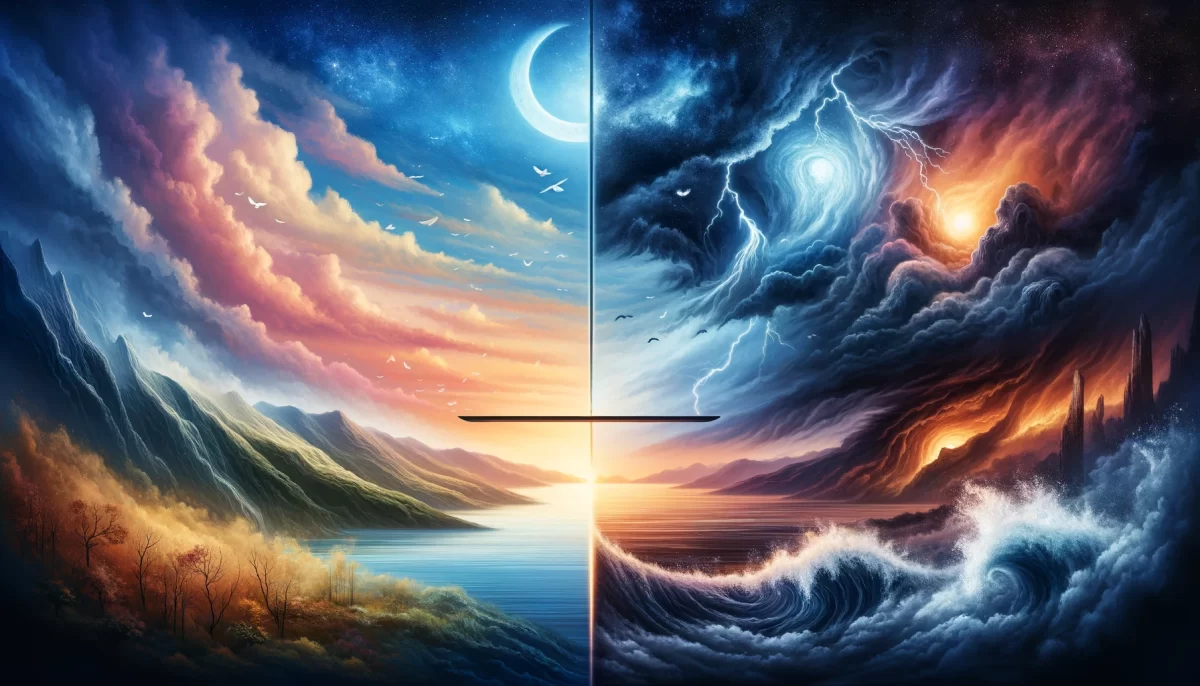
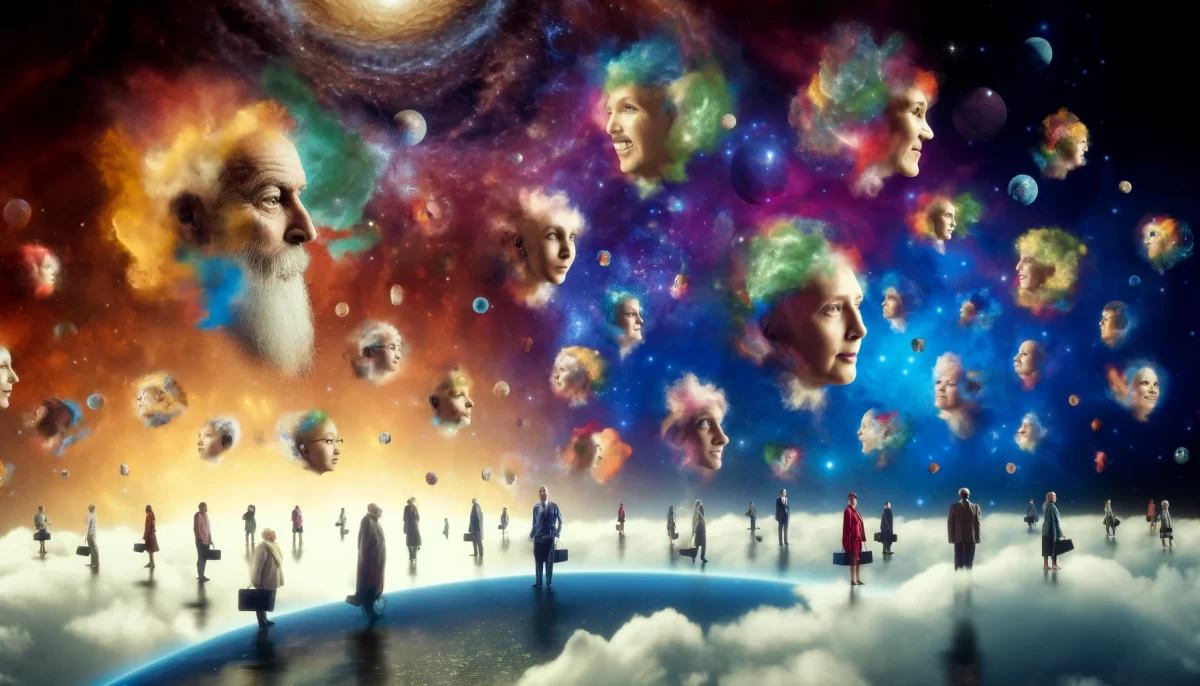

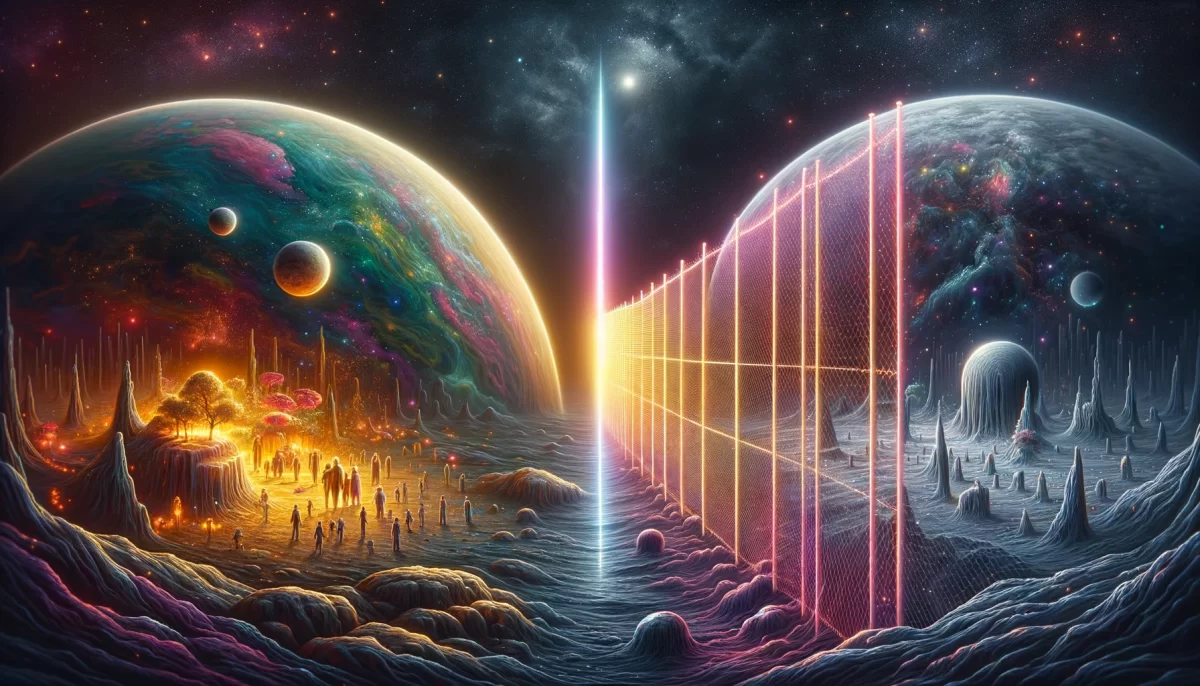

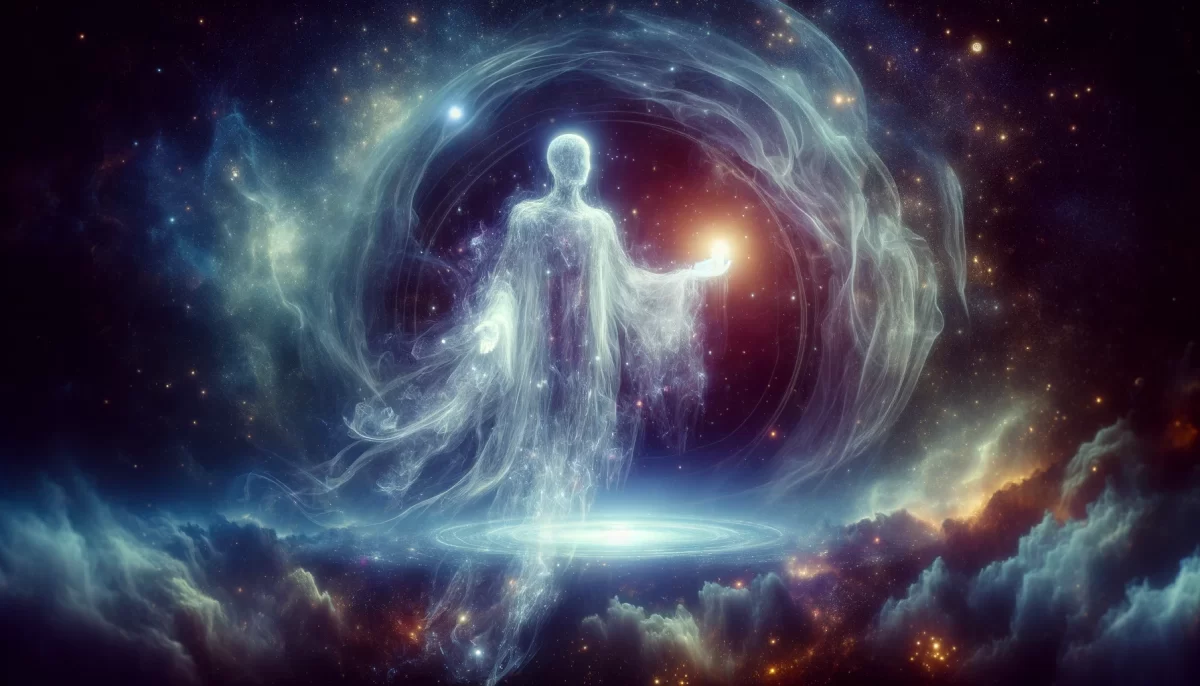
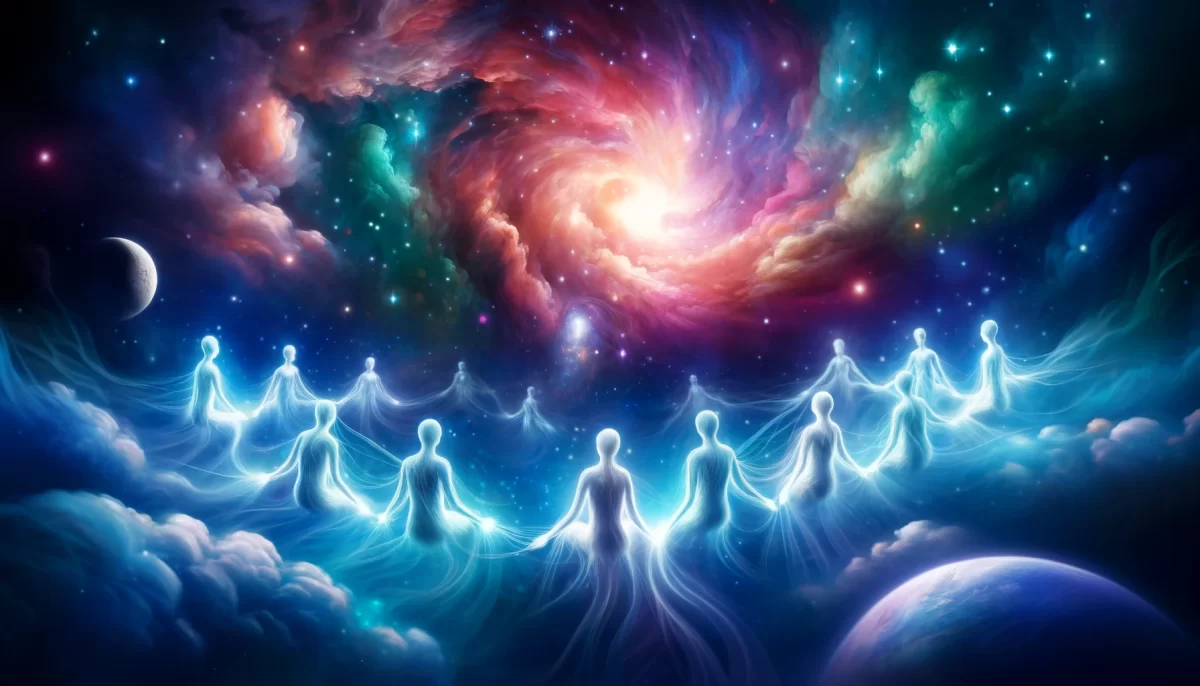
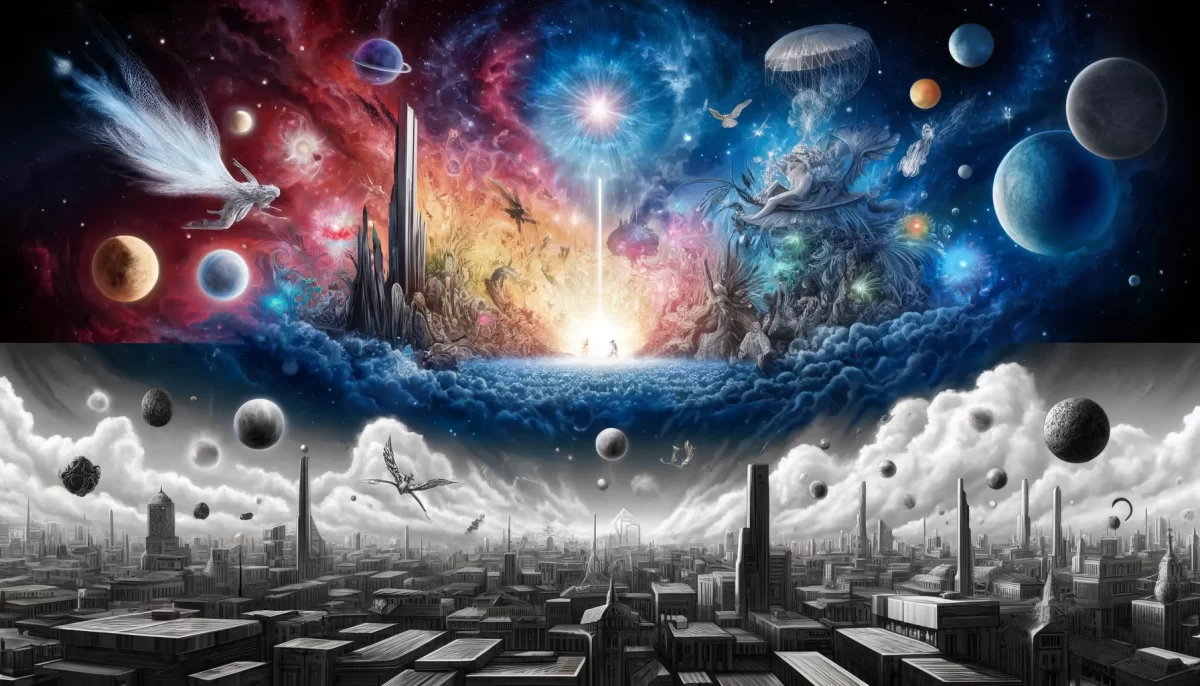

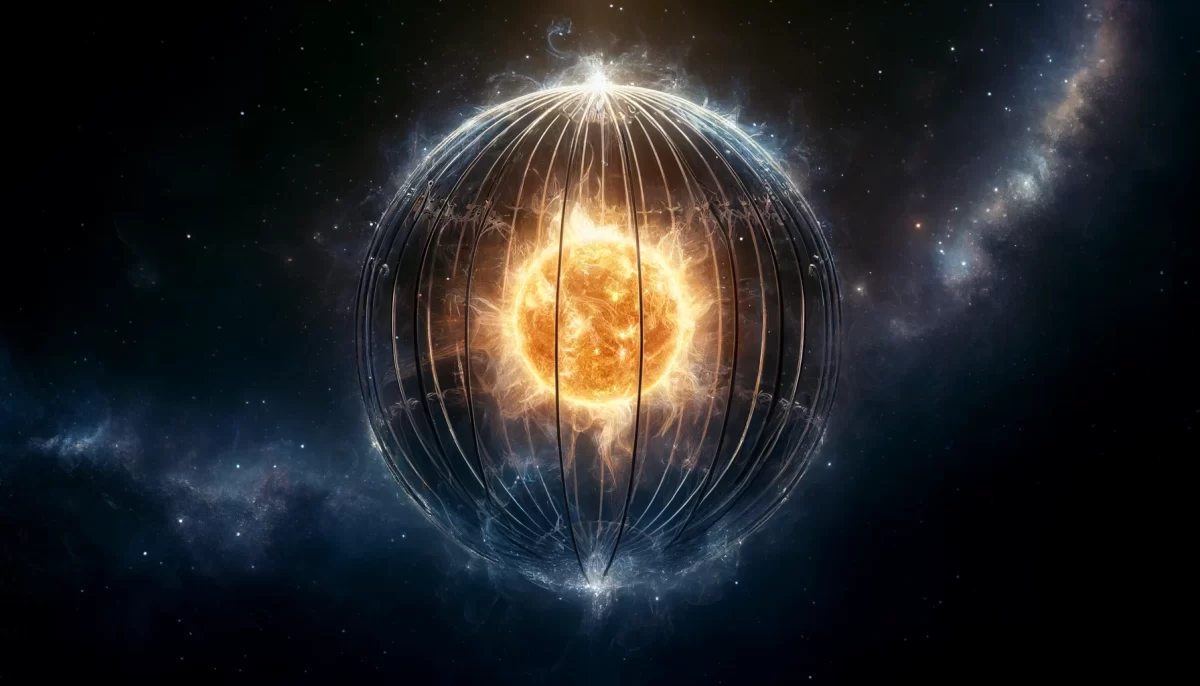

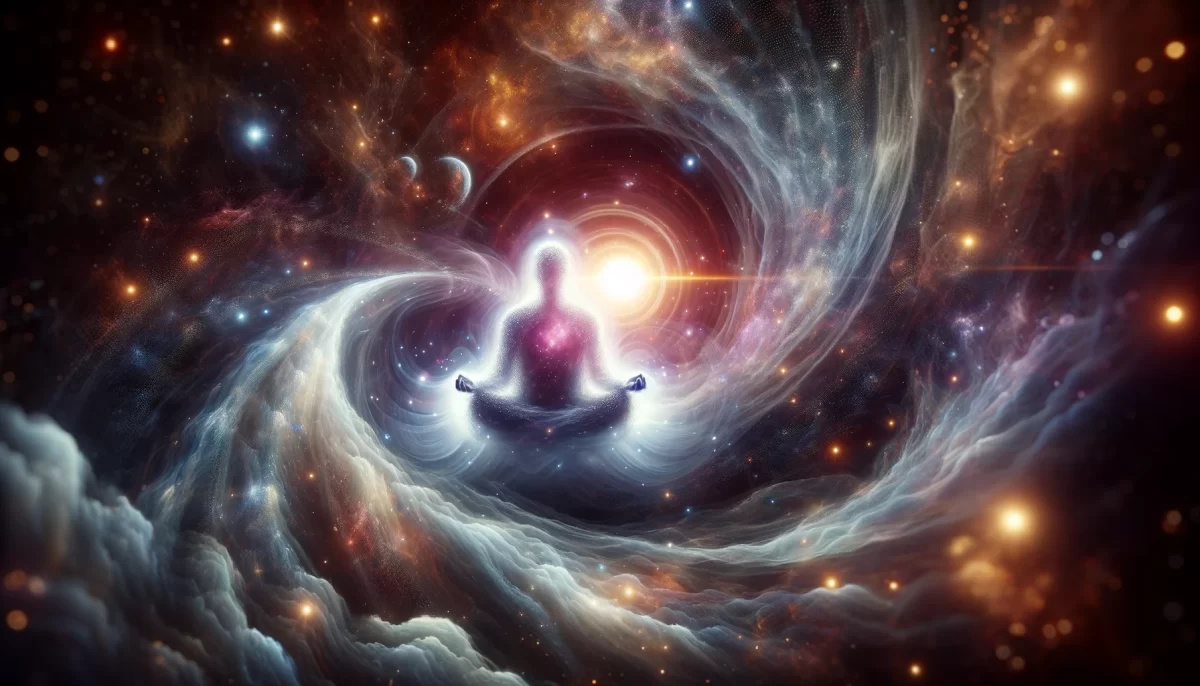
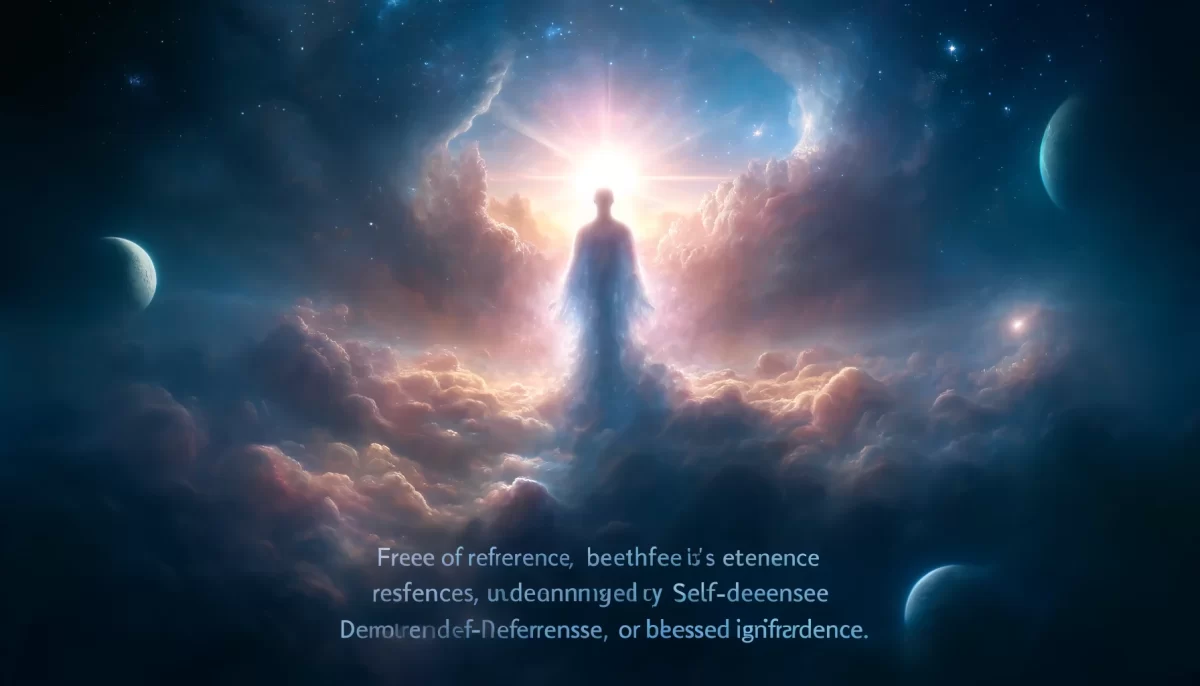

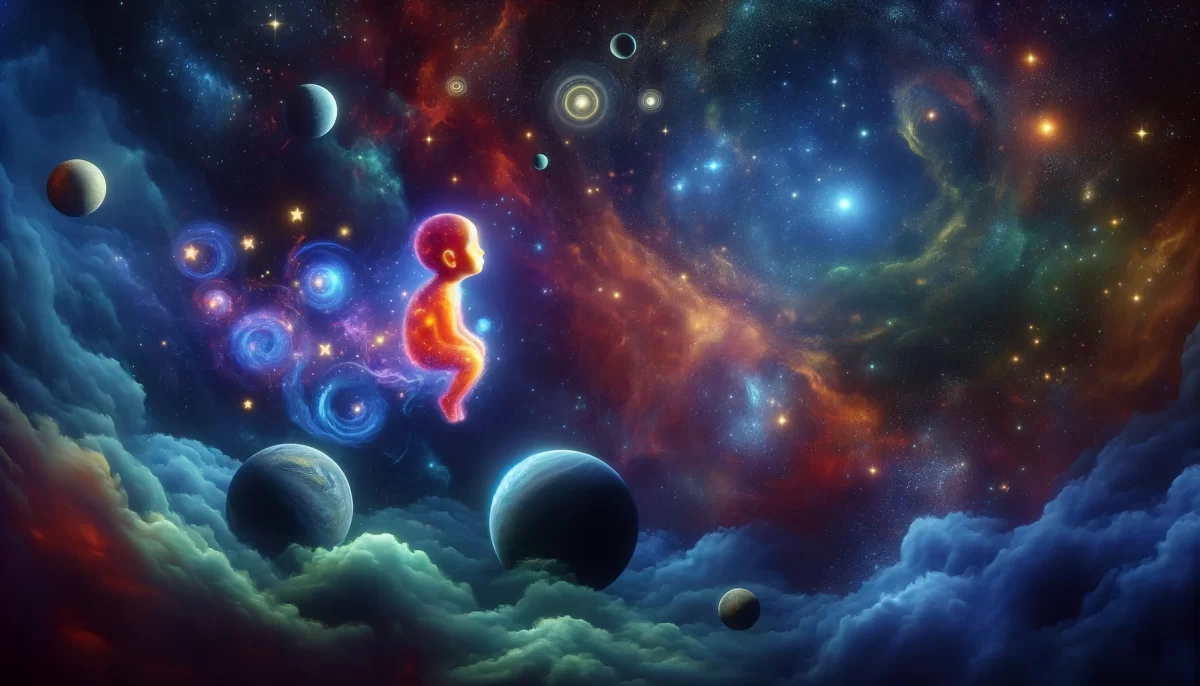




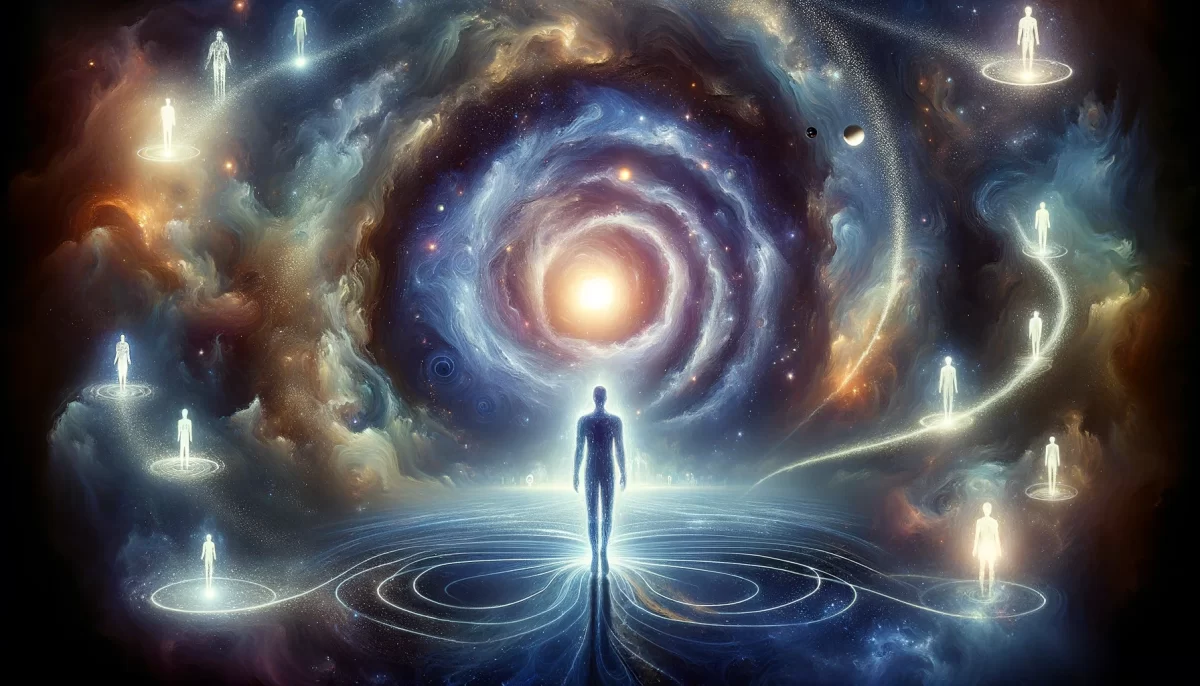

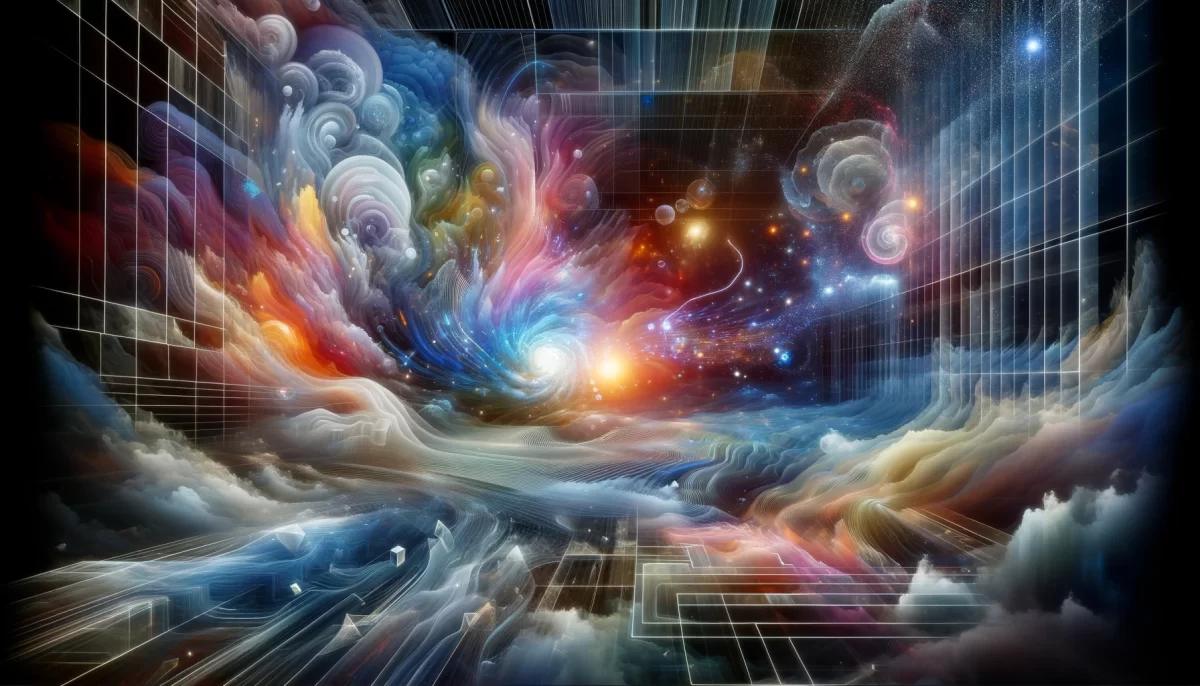


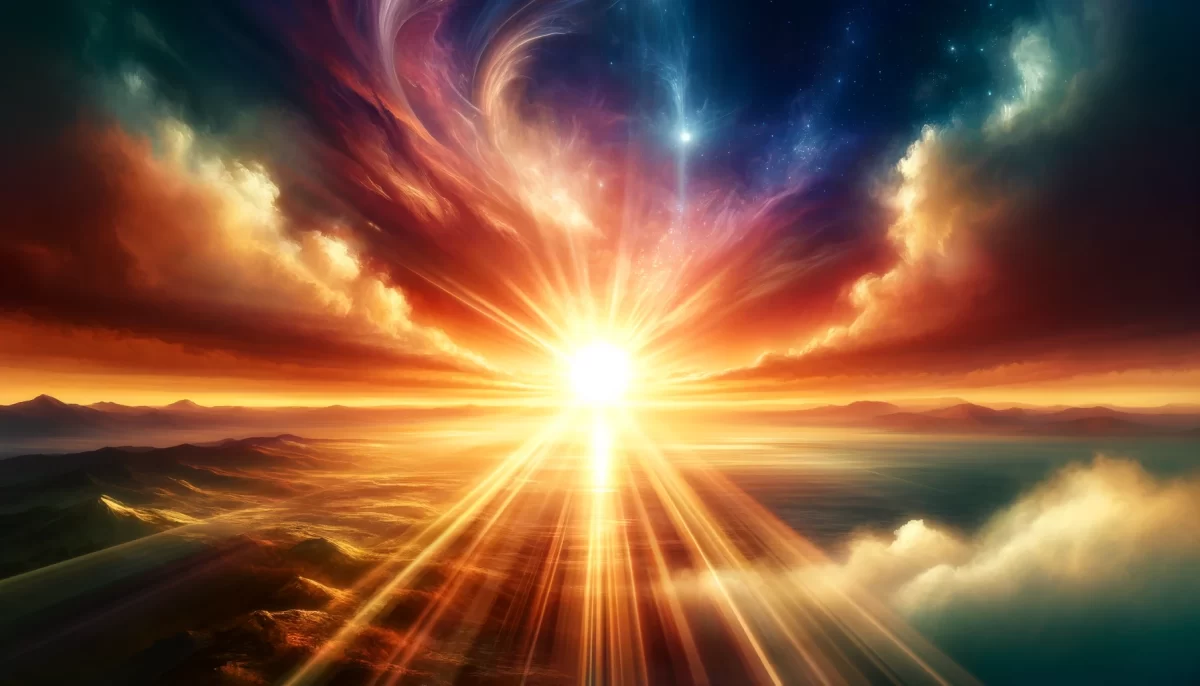
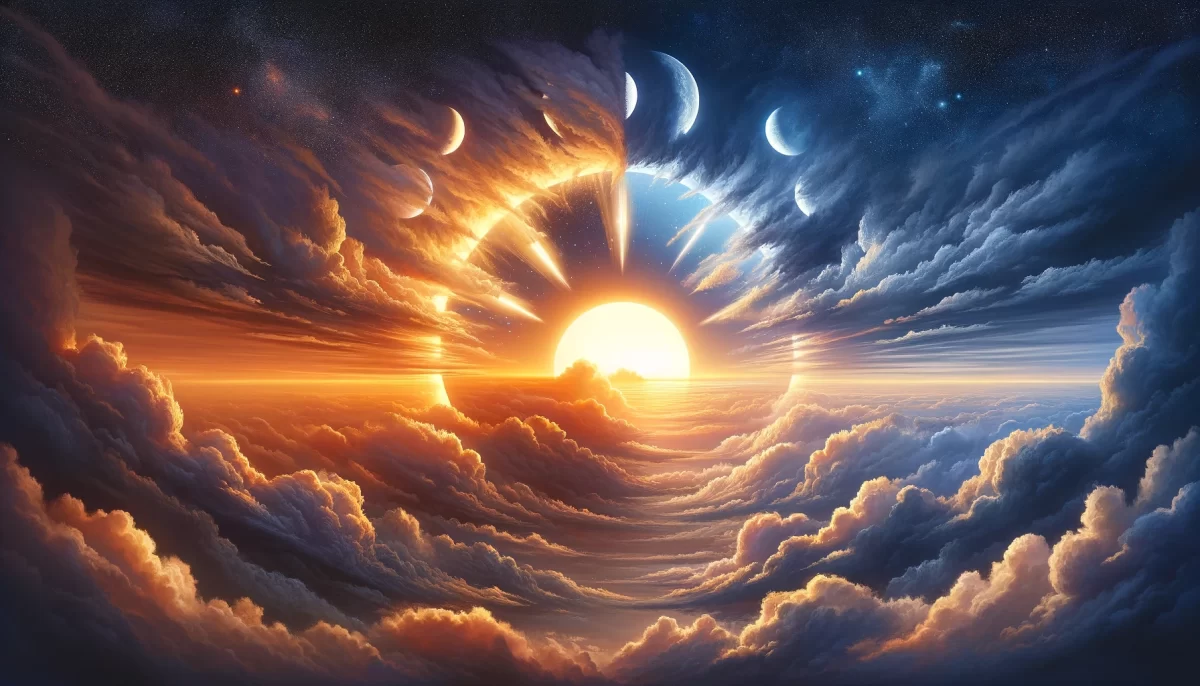
Leave a Reply